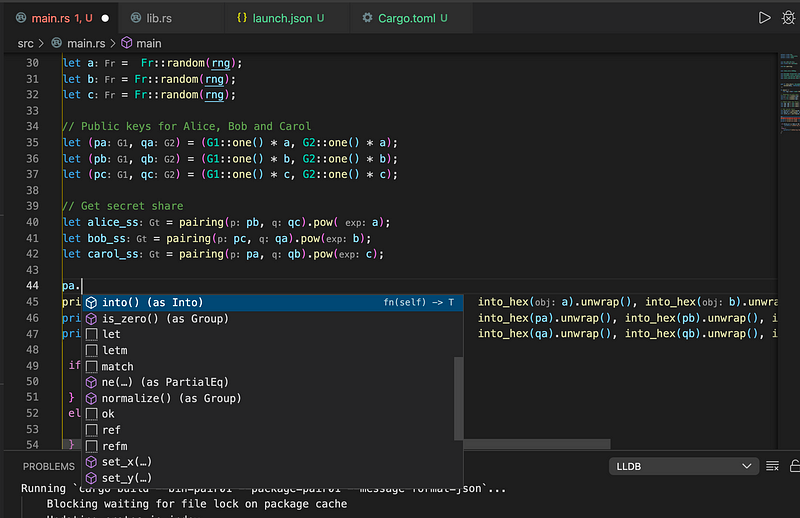The First Rust Governance Crisis?

The First Rust Governance Crisis?
Sometimes you need to push yourself outside your comfort zone and learn new things. So I am comfortable with most programming languages, and my favourite to use is probably Golang. Its syntax is obvious to me (as opposed to the horrible Python syntax and commands), and I can compile to machine code. It really is C for a modern era of GitHub integration. It also seldom fails to compile (unlike Python which can be broken easily). But, Rust has come along with a new way of doing things, and which aims to address the memory problems that a sloppy developer can cause.
So, Rust is at the top of my agenda for learning, and I’ve forced myself to write code in Rust. To me, I could read a whole book on Rust, and still not understand it. But if I fire up Microsoft Studio Code, I can learn a whole lot more:

To me, there are few programs like Microsoft Visual Code, and it allows code to come alive. And, so, Rust looks like a stable language which has so many libraries that can be integrated into it. But, this happened last week [GitHub message]:

It was a message from Andrew Gallant, and which reported that the whole of the moderation team for the Rust language has resigned, and pointing fingers at the core development team for their:
structural unaccountability
and:
we have been unable to enforce the Rust Code of Conduct [CoC] to the standards the community expects of us.
As Rust is open-sourced and it has a governance structure created through 10 teams, and which aim to focus the general direction of Rust:

One issue seems to be that there is often very little interaction between the core team and the moderators, along with the moderations being involved in negative activities, such as dealing with complaints and aiming to mediate things. Another issue seems to be that there is no real moderation of the core team, and there seems to have been a breakdown in communications between the moderators and the core team. Above the Core team, there are no other levels of responsibility. Another grieve could be that the moderation team are selected by the Core Team, and which is perhaps not helpful when there is a conflict between the Core team and moderators.
Conclusions
This all sounds like growing pains, and where the Rust Foundation needs to sort out its governance structure. Since the resignation, two new moderators have been appointed: Khionu Sybiern and Joshua Gould.
The Rust Foundation is an independent non-profit organization to steward the Rust programming language and ecosystem…foundation.rust-lang.org
If you are interested, here are my examples of Rust: